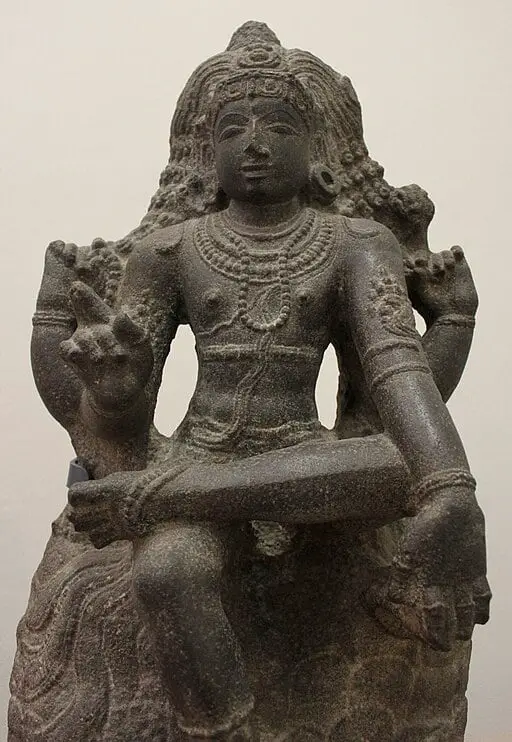Dakshinamurthy Stotram: Unity with the Universe
The Dakshinamurthy Stotram is a Sanskrit hymn to the Hindu god Shiva in his form as Dakshinamurthy, the supreme teacher.
The stotra is attributed to Adi Shankara, The Philosopher and theologian who is considered to be one of the greatest exponents of Advaita Vedanta, a major school of Hindu philosophy.
Before listening and understanding the Stotra, Please understand about Advaita Vedanta
There is no definitive historical record of the composition of the Stotram. However, it is believed to have been written sometime during the 8th century CE, based on the fact that it is attributed to Adi Shankara. The stotra has been widely chanted and studied for centuries and is considered to be one of the most important texts in the Advaita Vedanta tradition.
Watch and Listen to the profound philosophical song Dakshinamurthy Stotram
The Stotram is a philosophical hymn that explains the metaphysics of the universe in the frame of Advaita Vedanta.
The stotra describes Dakshinamurthy as the supreme teacher who imparts the knowledge of Brahman, the ultimate reality.
The stotra also emphasizes the importance of the guru in the spiritual journey.
The Stotram is a popular stotra that is chanted by Hindus all over the world.
It is often chanted during meditation and during religious ceremonies.
The stotra is also studied by students of Advaita Vedanta.
Here is a complete translation of the Dakshinamurthy Stotram
The Dakshinamurthy Stotram is a powerful and transformative hymn that can help devotees to gain a deeper understanding of Brahman and their own true nature.
Image credit
Sophie Riches, CC BY-SA 3.0, via Wikimedia Commons

